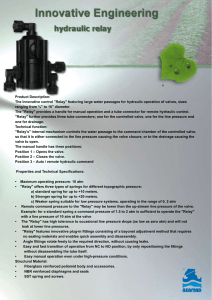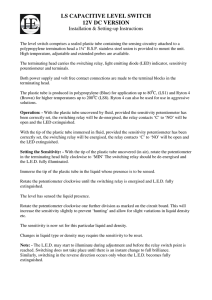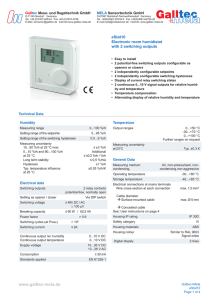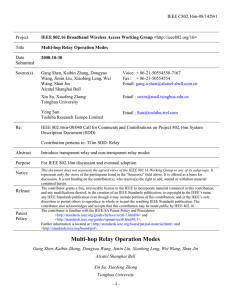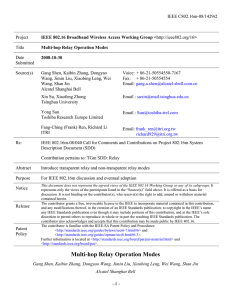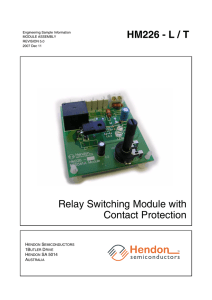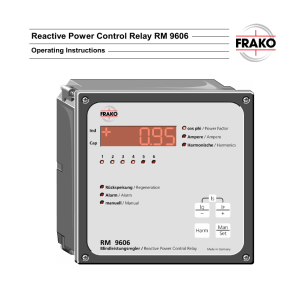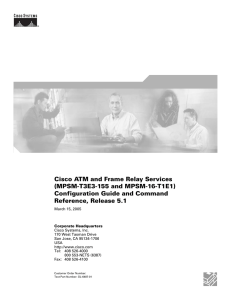Chapter 12: Wide Area Networks Business Data Communications, 4e
advertisement
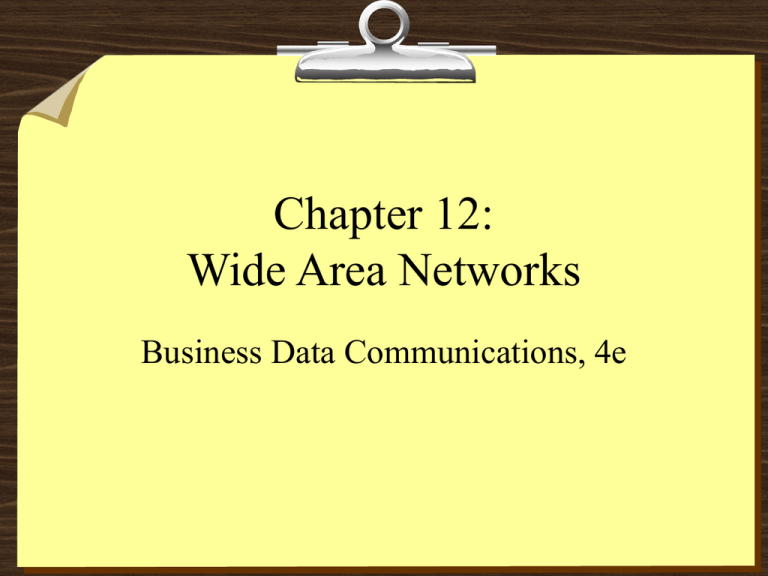
Chapter 12: Wide Area Networks Business Data Communications, 4e Wide Area Networking Issues Trend towards distributed processing architectures to support applications and organizational needs. Expansion of wide area networking technologies and services available to meet those needs. WAN Alternatives Integrated Network Access Using Dedicated Channels Integrated Network Access Using Public Switched WAN Frame Relay Characteristics Designed to eliminate excessive X.25 overhead Control signaling takes place on a separate logical connection (nodes don’t need state tables for each call) Multiplexing/switching take place at layer 2, eliminating a layer of processing No hop-by-hop flow/error control Traditional Packet Switching Frame Relay Operation Frame Relay Architecture Asynchronous Transfer Mode (ATM) Also known as cell relay Faster than X.25, more streamlined than frame relay Supports data rates several orders of magnitude greater than frame relay Data on logical connection is organized into fixed-size packets, called cells. No link-by-link error control or flow control. Virtual Channels & Virtual Paths Logical connections in ATM are virtual channels analogous to a virtual circuit in X.25 or a frame relay logical connection used for connections between two end users, user-network exchange (control signaling), and network-network exchange (network management and routing) A virtual path is a bundle of virtual channels Advantages of Virtual Paths Simplified network architecture Increased network performance and reliability Reduced processing and short connection setup time Enhanced network services Virtual-Path/Virtual-Channel Characteristics Quality of service Switched and semi-permanent virtual-channel connections Cell sequence integrity Traffic parameter negotiation and usage monitoring ATM Cell Format ATM Bit Rate Services

